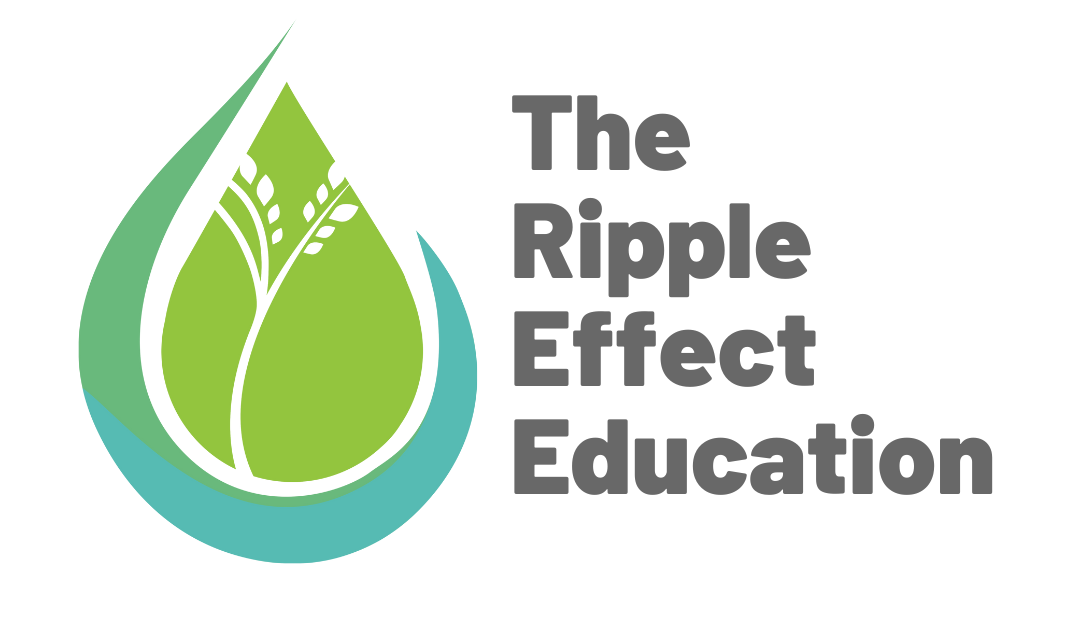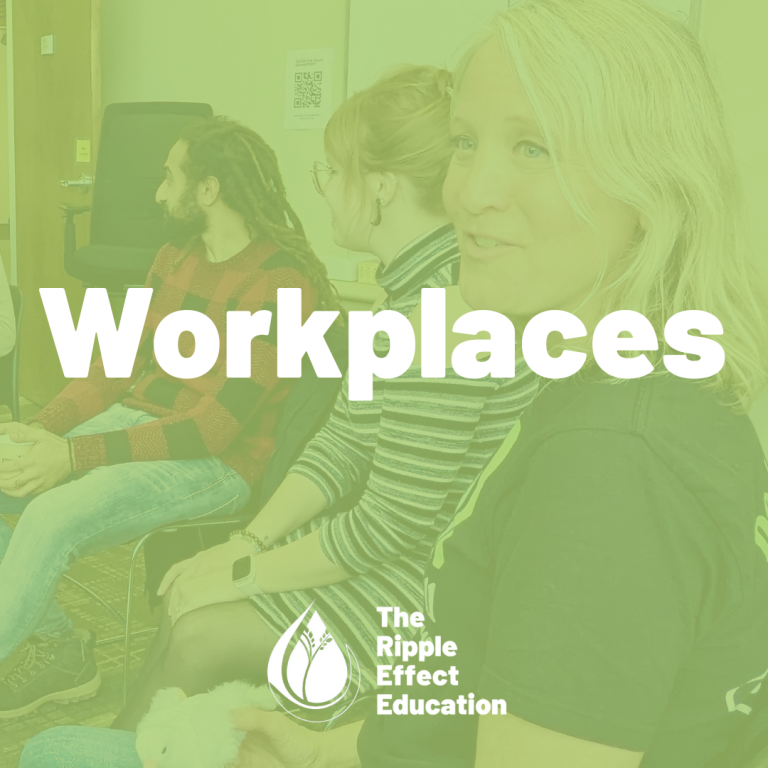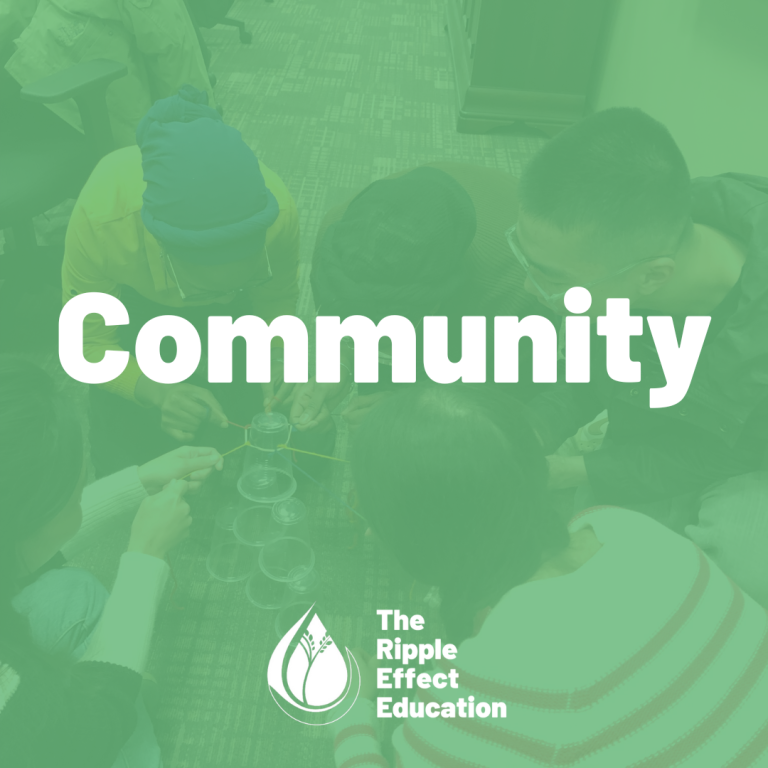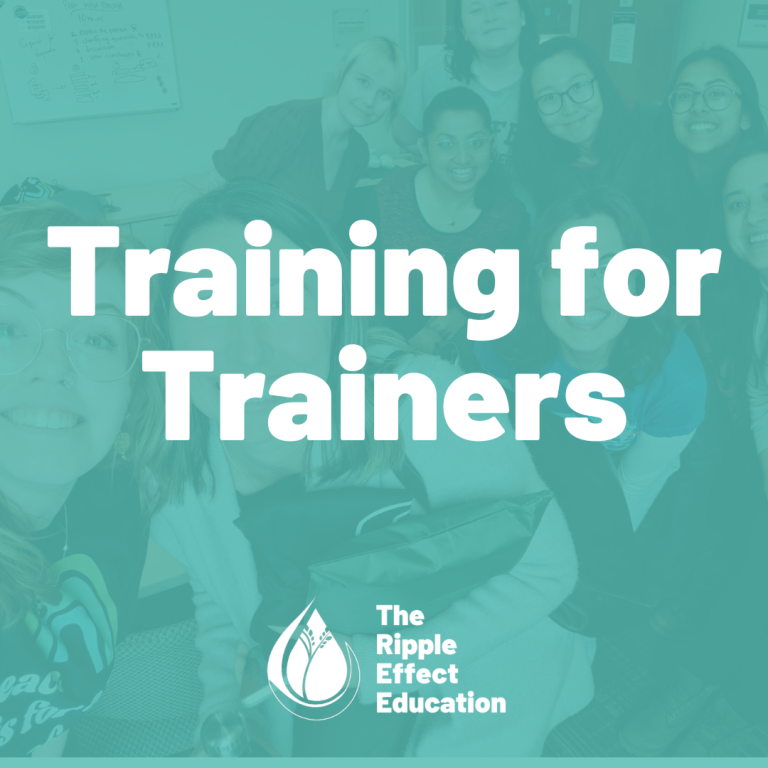In conversations about social justice, we often hear about allyship. But when allyship stays at surface-level gestures without turning into real action, its impact falls short. Understanding the difference between performative allyship and being a genuine accomplice is key. It’s about knowing how to move beyond words and gestures and into meaningful deeds. To truly make a difference in social justice, we need to grasp this difference and act on it.
Performative allyship, often marked by well-meaning gestures such as wearing an orange shirt or posting on social media, can serve as an initial step. These actions can be important tools in educating, building awareness, and starting conversations; however, it’s essential to recognize that true impact requires more than these initial gestures.
Without further actions, these well-intentioned motives can unintentionally perpetuate harm by fostering a false sense of progress, engaging in tokenism, and silencing the voices one claims to ally with (Mally, 2022; Kilawna, 2022). While these efforts have inherent value and can serve as entry points for deeper engagement and understanding, allyship done without deeper engagement reduces individuals to objects in need of rescue (Kilawna, 2022). It fails to recognize their agency and empowerment (2022).
Moving beyond performative allyship necessitates offering more than passive support; it involves delving into the root causes of systemic injustices, amplifying marginalized voices, and demonstrating genuine commitment without seeking external validation (Mally, 2022). Engaging as an accomplice within the realm of social justice builds upon this foundation by requiring individuals to recognize the established practices that enforce inequality (Mally, 2022).
This approach involves more than just passive support; it requires actively working behind the scenes, understanding one’s complicity in benefitting from oppressive systems, and taking intentional action to dismantle them (Kilawna, 2022). By acknowledging these realities and committing to meaningful change, individuals can contribute to taking down oppressive structures and fostering genuine social change.
Carolyn Roberts (2022), an educator in Indigenous education and decolonization, offers an example of moving beyond performative allyship: posting a statement like “I live on stolen land” on social media or in a meeting. While such acknowledgment is a step forward, Roberts emphasizes that it’s insufficient on its own. To truly transcend performative allyship, she suggests additional steps like encouraging others to explore the history of the land they occupy or educating them about its stolen status (2022). It may also look like challenging harmful policy and practices within the workplace. These actions foster meaningful dialogue and encourage others to engage with and address the injustices faced by Indigenous peoples (2022).
Genuine accomplices undertake such actions after educating themselves, understanding the burden placed on Indigenous people and other marginalized communities who constantly have to educate others on these issues (Roberts, 2022). An accomplice recognizes their responsibility to leverage their privilege to amplify the voices that have long been silenced (2022).
Shifting from a performative ally to an accomplice requires self-reflection on one’s own position and an awareness of power imbalances, urging individuals to speak up when injustice arises (Roberts, 2022). As Roberts (2022) states, “an accomplice is someone who is always learning more, asking more questions, and always taking it upon themselves to do better in the spaces they are in.”
Being a true accomplice does not stop with performing actions—it’s about using your advantage to fight against injustice and uplift those most affected by oppression. It’s about focusing on the stories and experiences of groups who are often ignored and challenging power imbalances as they arise. Importantly, the title of accomplice cannot be self-assigned; it must be earned through consistent actions and a demonstrated commitment to standing in solidarity with marginalized communities (Mally, 2022).
Becoming an accomplice is not an overnight transformation but a lifelong commitment to growth, action, and the dismantling of injustice at its core. It requires consistent self-reflection, accountability, and a willingness to learn from mistakes (Roberts, 2022). True accomplices stand in unwavering solidarity with those fighting for justice and equality, even in the face of challenges.
While performative allyship may garner attention, it’s the actions of accomplices that truly propel meaningful societal change. This requires courage, humility, and an endless dedication to raising marginalized voices and breaking down oppressive systems. Embracing the role of an accomplice empowers individuals to genuinely contribute to building a more equitable and just world for all.
References
Mally, J. (2023) How to move from performative allyship to effective allyship, The Good Trade. https://www.thegoodtrade.com/features/how-to-be-an-ally/.
Carolyn Roberts. (2023, April 17). Moving from performative to accomplice. https://www.carolynroberts.net/single-post/moving-from-performative-to-accomplice
Kilawna, K. (2022, May 3). We don’t need another ally. IndigiNews. https://indiginews.com/okanagan/we-dont-need-another-ally

Jessa Paddison is a passionate social justice advocate and dedicated educator, finding fulfillment in fostering connections and personal growth through meaningful conversations. She earned her Bachelor of Arts in her home province of British Columbia at the University of Victoria in 2021. Currently, Jessa is pursuing a Master’s degree in Social Justice and Community Engagement at Wilfrid Laurier University.
With a strong foundation in diversity, equity, and inclusion, and community partnership, Jessa has dedicated her efforts to the creation of inclusive and equitable communities. Her passion specifically revolves around dismantling oppressive systems. Eager to make a positive impact, she is thrilled to start a placement with TREE, where she aims to create meaningful and safe spaces that foster growth and kindness.
Beyond her academic pursuits, Jessa finds joy in laughter shared with friends and family, spending time outdoors (especially the mountains and oceans!), and travelling to new places.








